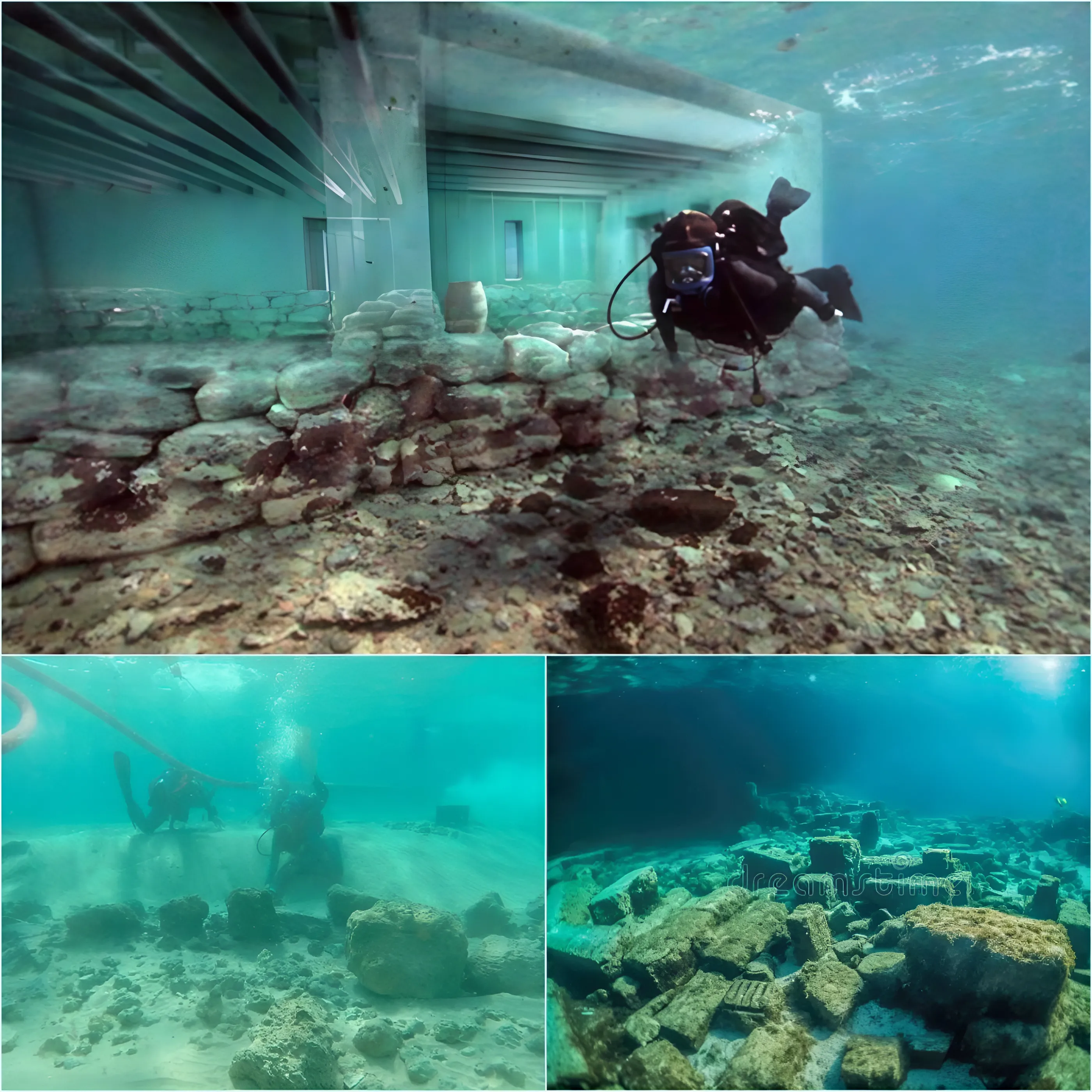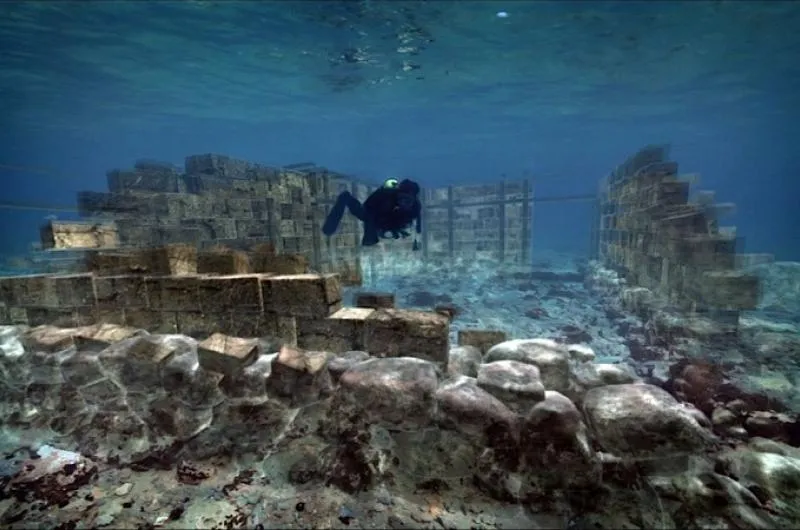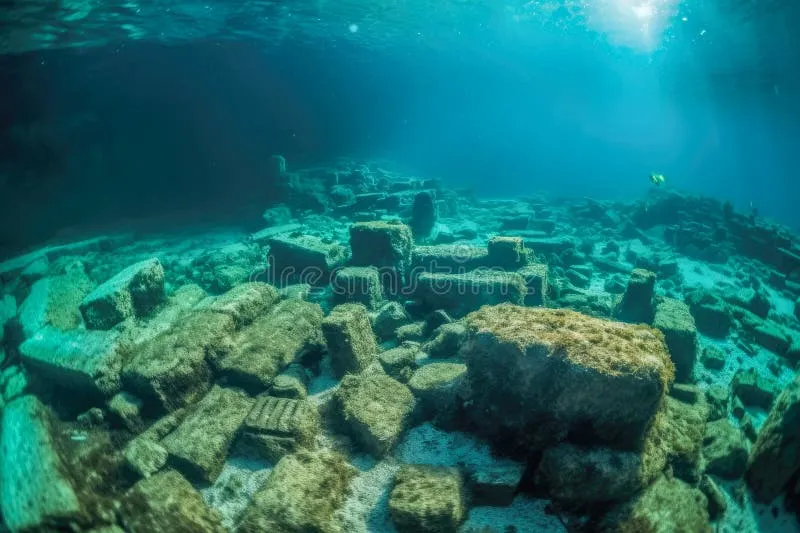Archaeologists conducting an underwater excavation off Israel’s Carmel Coast have unearthed an ancient village that not only survived but flourished during a significant climate crisis around 6,200 BC.

The discovery is poised to provide deeper insights into the resilience of communities inhabiting coastal regions across the Levant and Eastern Mediterranean during this challenging period of the Stone Age. Previously, scientists believed that a sudden and severe global climate shift led to the abandonment of numerous coastal settlements around the Mediterranean. However, this new finding challenges that notion by revealing that at least one village, previously assumed deserted, not only remained inhabited but prospered throughout the crisis.

Thomas Levy, a co-author of the study from the University of California San Diego, emphasized the significance of the discovery, describing it as a testament to human resilience in the face of environmental adversity. The excavation promises to illuminate how ancient societies adapted and thrived despite climatic challenges, reshaping our understanding of their ability to withstand and overcome periods of ecological instability.






